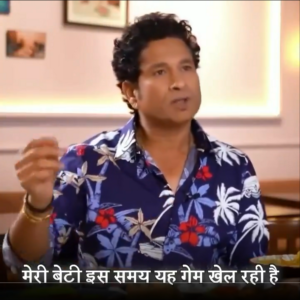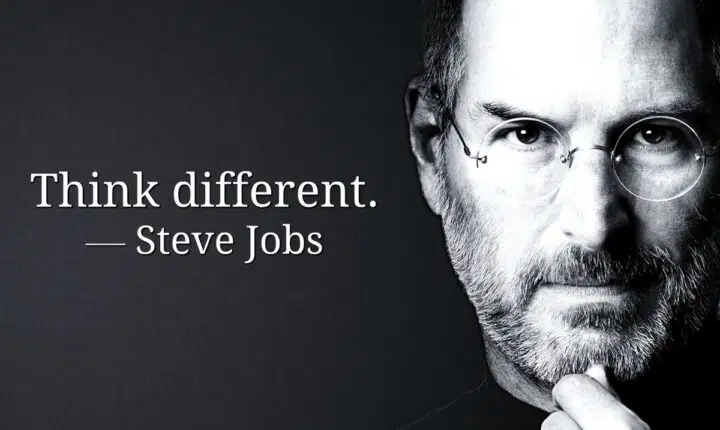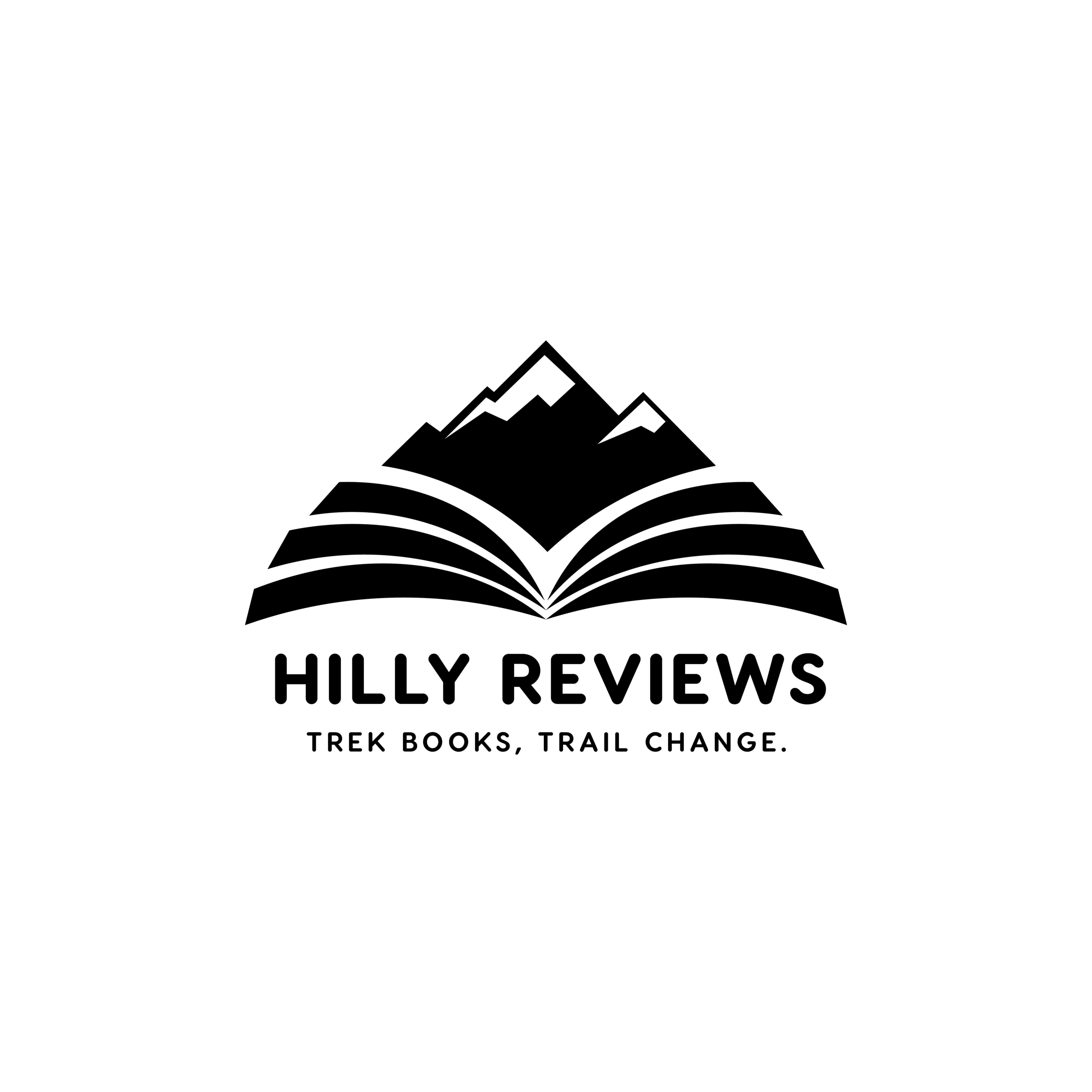William Golding’s “Lord of the Flies” will haunt you long after you turn the last pages. It is the most disturbing piece of literature I have encountered in my recent reading history. Golding, a Nobel-Prize-winning author, makes a stark commentary about the dark side of human nature by skilfully disguising the narrative of young boys stranded on a deserted island. Throughout the plot, the readers keep realising that it is about the fall of young and gullible boys into savagery, adding more disturbance to the narrative.
“Lord of the Flies” transcends its surface-level narrative and confronts readers with unsettling truths about human nature. Golding’s powerful storytelling left me so deeply disturbed and thinking that I explored many commentaries, interpretations, and insights about it. Such explorations may affect this review. Furthermore, the review discusses the larger interplay of underlying themes and the story’s symbolism.

The surface-level plot of “Lord of the Flies” is set against the backdrop of a wartime evacuation. It begins with a plane crash that leaves young boys stranded on an island isolated from civilisation. Initially, the boys revel in their new freedom. But they soon face the challenge of surviving alone in an unknown place. The story’s progression reveals the descent of innocent children into savagery and darkness. The novel explores the childish attempts by a few members to establish order. But, the other members stop their attempts by descending into savagery and rejecting their authority.
The search for “the beast” is integral to the novel in the initial pages. Simon’s realisation – “maybe it’s only us” – is one of the story’s most profound moments. It shows the reader the uncomfortable truth about the beast – which is an embodiment of the darkest human impulses. The internalisation of “the beast” in the story is a stark commentary on the ever-lurking dark side of human nature, which waits for an opportune time to manifest itself. Once it manifests, it consumes us with ease through fear and darkness.

As the story in “Lord of the Flies” progresses, it transforms from a quest for survival to the survival of the fittest. The regression to our basal instincts in our primal state is shown vividly through the lenses of Ralph, Piggy, Jack and Simon, symbolising moral authority, intellect, savagery/physical dominance and morally good characters, respectively. This regression is not just for physical survival, but it symbolises core human nature. It challenges the idea of inherent goodness (as the story is about young boys) and the role of society in limiting this bestiality.
Golding’s narrative subverts the romantic views of youthful innocence and the inherent goodness of children. Instead, it presents a stark and realistic portrayal of human nature, trying to showcase what remains when humanity is stripped of societal norms. The novel’s plot tracks the loss of innocence of the young boys, mirroring the inherent darkness in all of us.

Furthermore, Golding masterfully employs various symbolism throughout the plot. The conch, which is introduced at the very start of the story, represents order and civility, which shatters alongside the boys’ societal structure. The face paint and spears are first shown as tools for survival. But, they soon become tools of dehumanisation and violence, respectively. This strips the boys of their civilised facades to reveal their inner beasts. Golding explains this transition of boys who “understood only too well the liberation into savagery that the concealing paint brought.”
Throughout its narrative, “Lord of the Flies” offers a profound, unsettling exploration of human nature and the facade of civilisation. It forces its readers to reflect not only on the characters’ morality but also check their own morality. The overall themes of the plot will remain ever-relevant, thus resonating across generations of readers and making this a truly timeless piece of literature.

Overall, “Lord of the Flies” is more than a surface-level narrative about a tale of survival. It’s a haunting and deep exploration of human nature, serving as a potent reminder of the thin line between order and chaos, civilisation and savagery, and humanity and bestiality. Golding’s masterpiece, with its enduring themes, remains a seminal work of literature which confronts readers with the unsettling truth about ourselves and society.
My Rating:- ★ ★ ★ ★ ★
Lord of the Flies: William Golding: Goodreads Rating: 3.69
Reviewed On:
- e-book
- Total Pages: 308
- Genre: Fiction/Young Adult Fiction/Classic
- Lord of the Flies: William Golding




Lord of the Flies is a classic for a reason. It’s a thought-provoking novel that will stay with you long after you finish reading it. It’s a must-read for anyone interested in exploring the complexities of human nature.
Absolutely.
This is really a thought-provoking review that will make you want to reread Lord of the Flies.
Thank you 😊
“Lord of the Flies” by William Golding is a compelling exploration of human nature and society’s fragility. Set on a deserted island, it follows a group of boys stranded without adult supervision, revealing their descent into savagery. Golding’s poignant narrative delves into themes of power, morality, and the innate darkness within humanity. The book’s allegorical nature offers profound insights into the human condition, making it a timeless classic that continues to resonate with readers.
Yes, absolutely!!
I completely agree with your assessment of the unsettling truths about human nature that ‘Lord of the Flies’ presents.
Thank you 😊
Your review captures the essence of ‘Lord of the Flies’ as a narrative that goes beyond its surface plot to delve into profound questions about morality and society.
Thank you 😊
The way you discuss the interplay of underlying themes and symbolism in ‘Lord of the Flies’ adds depth to our understanding of the novel.
Thank you 😊